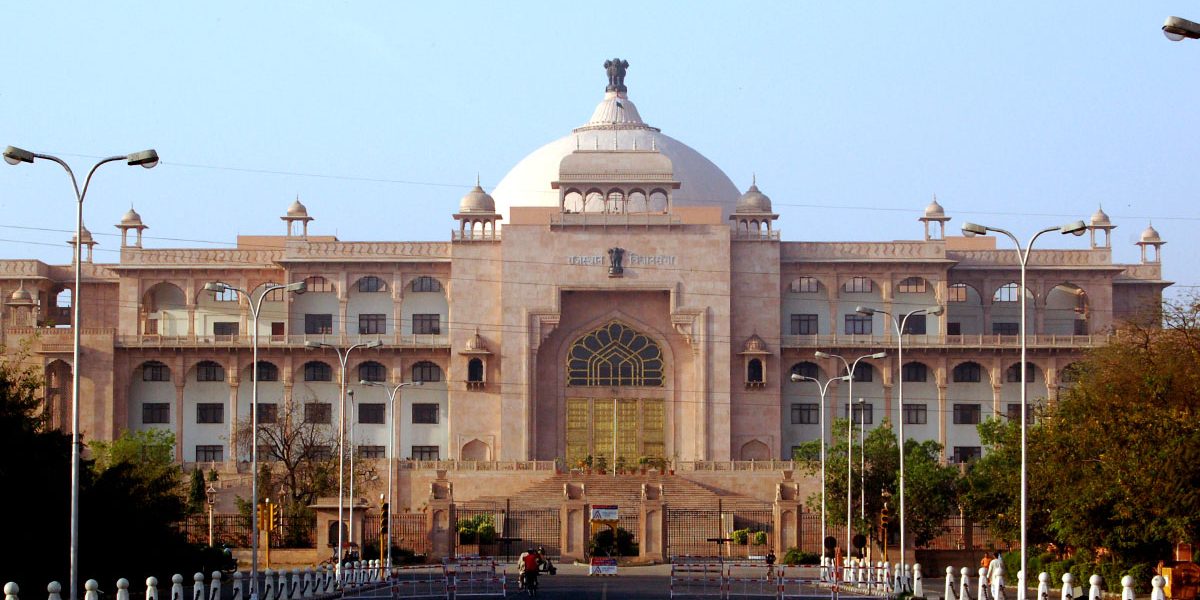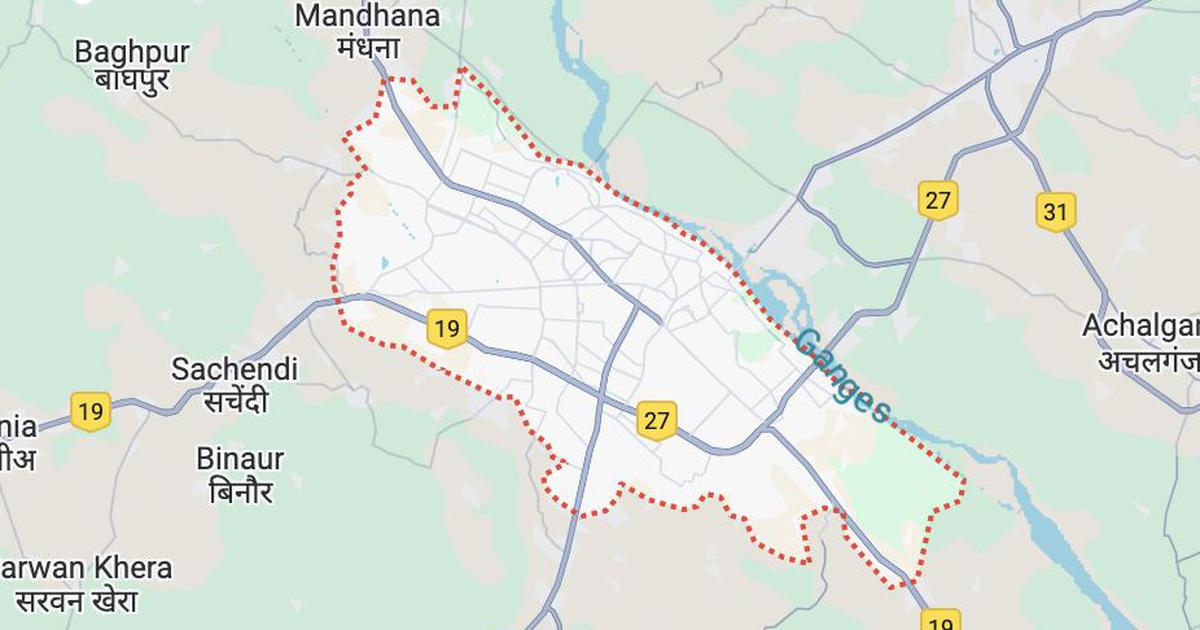
Jaipur: The Bharatiya Janata Party (BJP) government in Rajasthan on Monday (February 3) tabled The Rajasthan Prohibition of Unlawful Conversion of Religion Bill, 2025, in the state Assembly, with all offences under the various provisions of the Bill being cognisable and non-bailable.
According to Section 13 of the Bill termed “Protection of action taken in good faith,” it provides authorities protection from prosecution or any other legal proceedings for anything that is done in pursuance of the proposed law.
“No suit, prosecution, or other legal proceedings shall lie against any authority or officer for anything done in good faith or intended to be done, or purported to be done, or omitted to be done in pursuance of this Act, or any rule or order made thereunder,” says the copy of the Bill that has been uploaded in the website of the Rajasthan Assembly.
In recent years, several instances have come up wherein people from marginalised communities have been falsely charged for converting people and were later acquitted by courts.
By giving protection to government officers against possible legal proceedings, the Bill does little to prevent cases wherein innocent people are harassed after being wrongly framed for illegal conversion.
Punishments range from imprisonment of one to 10 years
The punishments for the offences listed in the Bill range from imprisonment of one to 10 years along with monetary fines. The maximum punishment is reserved for those who commit the offences in respect of a minor, a woman or a person belonging to the Scheduled Caste or Scheduled Tribe community.
In its list of offences, the Bill also includes “conversion by solemnisation of marriage or relationship in the nature of marriage.”
“Any marriage done for sole purpose of unlawful conversion or vice-versa by the man of one religion with the woman of another religion, either by converting himself/herself before or after marriage, or by converting the woman before or after marriage, shall be declared void by the Family Court or where Family Court is not established, the Court having jurisdiction to try such case on a petition presented by either party…,” says the Bill.
This story was originally published in thewire.in. Read the full story here.






